The most efficient EVs in New Zealand
Which vehicle travels the furthest with the least amount of energy.

An efficient electric vehicle is the one that uses the lowest amount of electricity to travel the furthest distance.
This is determined under testing conditions (WLTP) that takes measures recharged electricity. This is called WLTP consumption and allows drivers to compare running costs.
What you see on the dashboard while driving is efficiency (measured by energy drawn from the battery).
This list is updated dynamically as new models are released.
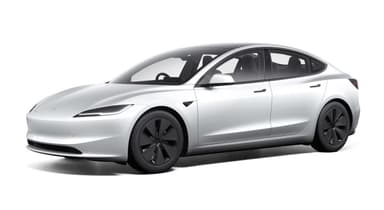
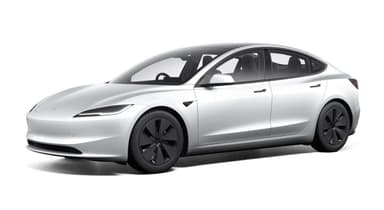
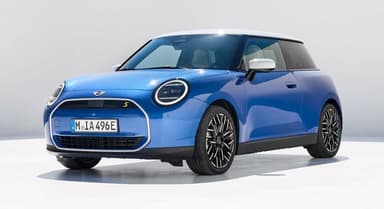
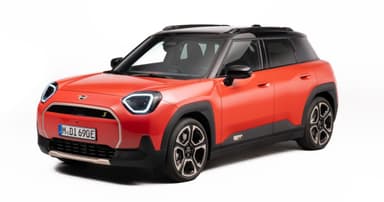
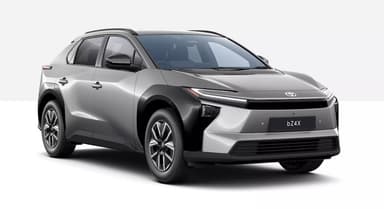
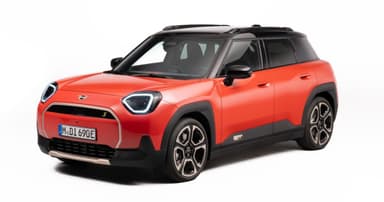
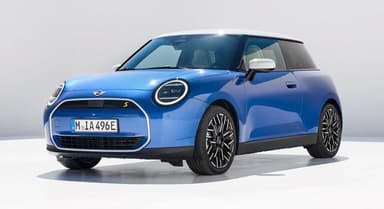

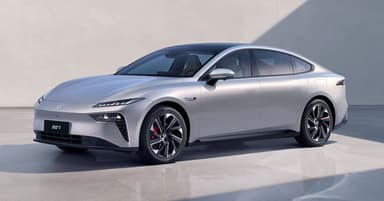
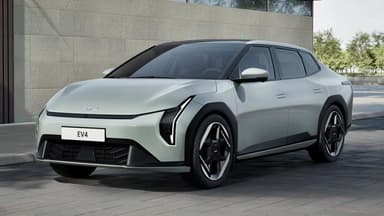
How does this affect running cost?
If your EV uses 189 Wh/km it means it will cost you 18.9 kWh of electricity (from your home switchboard) to travel 100 kilometres.
What you see on the dashboard (efficiency) shows the amount of energy used from the battery. Most EVs have a temperature sweet spot (20-25°) where energy use is lowest.
However, WLTP consumption allows you to estimate true running cost.
When an EV is charged, not all electricity goes directly into the battery - there are losses; thermal loss, the AC-to-DC conversion, and some EVs may use mains electricity to precondition the battery.
Top 50 most efficient EVs
Adjust your electricity price to see running cost for each vehicle.
← Swipe to scroll horizontally →
Model | Consumption (kWh/100 km) | Range (km) | Running Cost ($/100 km) |
|---|---|---|---|
Tesla Model 3 Premium LR RWD | 12.5 | 750 km | $3.13 |
Tesla Model 3 Premium RWD | 13.8 | 520 km | $3.45 |
Mini Cooper E | 13.8 | 305 km | $3.45 |
Mini Aceman SE | 13.8 | 406 km | $3.45 |
Toyota bZ4X Pure | 13.8 | 571 km | $3.45 |
Mini Aceman E | 14.1 | 310 km | $3.52 |
Mini Cooper SE | 14.1 | 402 km | $3.52 |
Fiat 500e | 14.2 | 320 km | $3.55 |
Dongfeng 007 Long Range | 14.3 | 520 km | $3.58 |
Kia EV4 Light LR | 14.4 | 633 km | $3.60 |
Kia EV3 Light SR | 14.9 | 436 km | $3.73 |
Kia EV3 Light LR | 14.9 | 605 km | $3.73 |
Tesla Model Y Premium RWD | 14.9 | 466 km | $3.73 |
Kia EV4 GT-Line LR | 14.9 | 612 km | $3.73 |
BYD Dolphin Essential | 15.2 | 340 km | $3.80 |
BYD Seal Dynamic | 15.3 | 460 km | $3.83 |
Mini Cooper JCW | 15.3 | 371 km | $3.83 |
Jeep Avenger | 15.4 | 402 km | $3.85 |
Dongfeng Box | 15.4 | 317 km | $3.85 |
Omoda E5 BX | 15.5 | 430 km | $3.88 |
BYD Atto 1 Essential | 15.5 | 220 km | $3.88 |
Omoda E5 EX | 15.5 | 430 km | $3.88 |
BYD Atto 3 Superior | 15.6 | 420 km | $3.90 |
Hyundai IONIQ 5 63 | 15.6 | 440 km | $3.90 |
Volvo EX30 Single | 15.7 | 476 km | $3.92 |
BYD Atto 3 Essential | 15.7 | 345 km | $3.92 |
Geely EX5 Complete | 15.8 | 430 km | $3.95 |
BMW i4 eDrive40 | 15.8 | 582 km | $3.95 |
Polestar 2 Long Range Dual | 15.9 | 593 km | $3.98 |
BYD Dolphin Premium | 15.9 | 427 km | $3.98 |
Kia EV6 Light | 15.9 | 582 km | $3.98 |
Tesla Model Y Premium LR AWD | 15.9 | 600 km | $3.98 |
MG 4 Excite 64 | 16.0 | 450 km | $4.00 |
Subaru Solterra | 16.0 | 465 km | $4.00 |
Mini Aceman JCW | 16.0 | 355 km | $4.00 |
Hyundai IONIQ 5 84 RWD | 16.0 | 570 km | $4.00 |
BYD Atto 1 Premium | 16.0 | 310 km | $4.00 |
GWM Ora Lux | 16.0 | 400 km | $4.00 |
Toyota bZ4X Motion | 16.0 | 517 km | $4.00 |
Skoda Enyaq Sportline 85 | 16.0 | 545 km | $4.00 |
Kia EV3 Earth | 16.2 | 563 km | $4.05 |
Kia EV3 GT-Line | 16.2 | 563 km | $4.05 |
Tesla Model Y Performance | 16.2 | 580 km | $4.05 |
Smart #3 Premium | 16.3 | 455 km | $4.08 |
Mercedes-Benz EQA 250+ | 16.4 | 496 km | $4.10 |
Zeekr X RWD | 16.4 | 446 km | $4.10 |
MG 4 Long Range | 16.5 | 530 km | $4.13 |
Cupra Tavascan VZ | 16.5 | 499 km | $4.13 |
Audi A6 e-tron Avant | 16.5 | 650 km | $4.13 |
Audi Q4 e-tron 45 | 16.5 | 550 km | $4.13 |
Two different units
Dashboard efficiency is given in two different units:
- kWh per 100 km (how many kilowatt-hours are consumed per 100 kilometres).
- km per kWh (how many kilometres the car travels per kilowatt-hour).
It's just a personal preference, and in many cars you can change the setting.
What makes an EV efficient?
- low aerodynamic coefficient (the smaller the frontal area the better).
- low mass.
- powertrain efficiencies.
- low rolling resistance.
So, generally, sedans, and lighter hatchbacks will be the most efficient EVs.
How is your driving?
Here's a quick chart (very generalised) to know how your car / current journey is looking| kWh / 100 km | km / kWh | Efficiency |
| 10 | 10.0 | Incredible |
| 10.5 | 9.5 | Incredible |
| 11 | 9.1 | Incredible |
| 11.5 | 8.7 | Excellent |
| 12 | 8.3 | Excellent |
| 12.5 | 8.0 | Excellent |
| 13 | 7.7 | Good |
| 13.5 | 7.4 | Good |
| 14 | 7.1 | Good |
| 14.5 | 6.9 | Normal |
| 15 | 6.7 | Normal |
| 15.5 | 6.5 | Normal |
| 16 | 6.3 | Normal |
| 16.5 | 6.1 | Normal |
| 17 | 5.9 | Highway |
| 17.5 | 5.7 | Highway |
| 18 | 5.6 | Highway |
| 18.5 | 5.4 | Highway |
| 19 | 5.3 | Highway |
| 19.5 | 5.1 | Highway |
| 20 | 5.0 | Highway |
